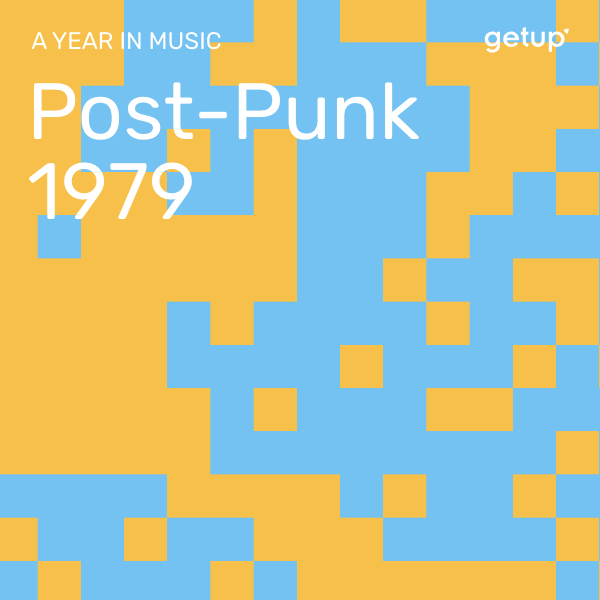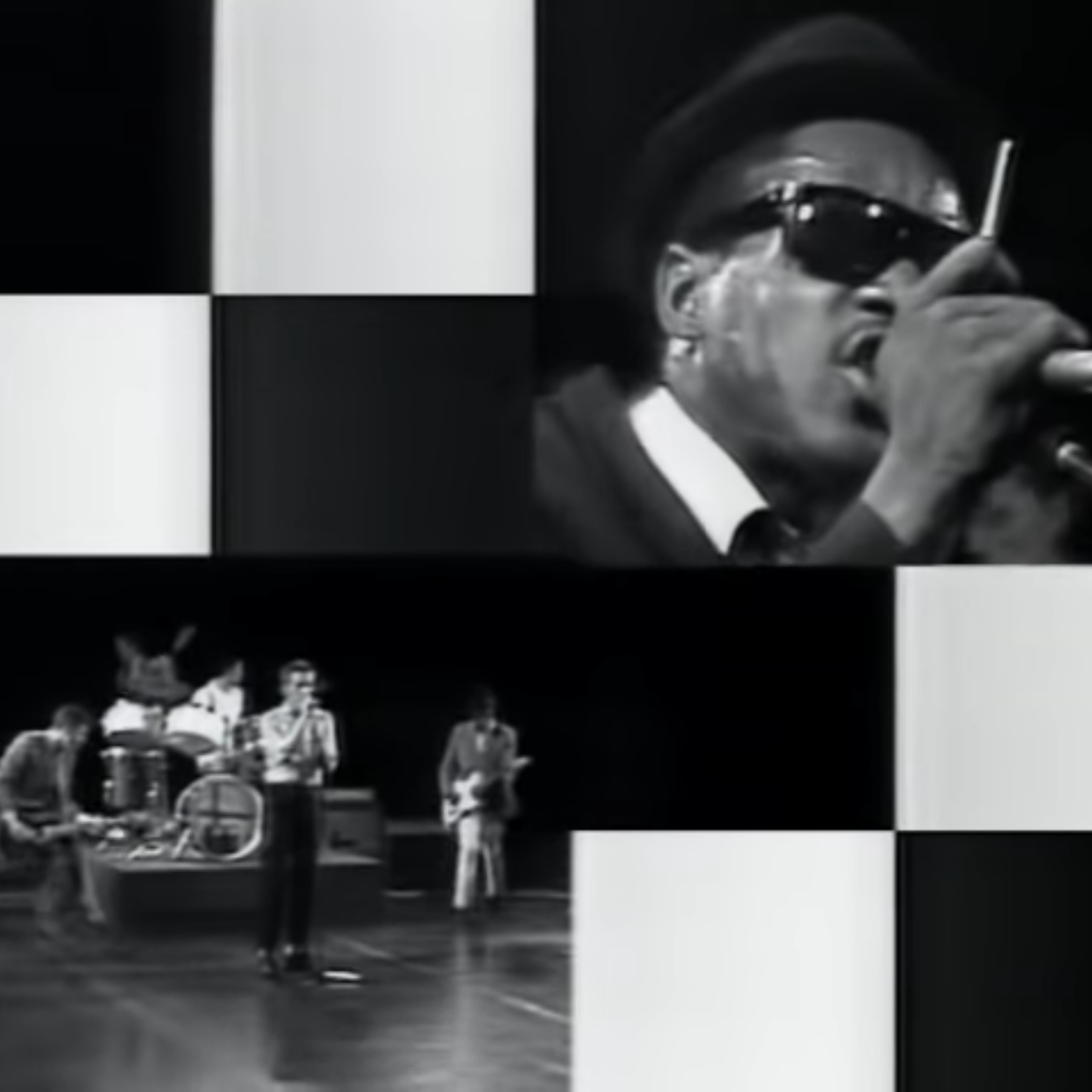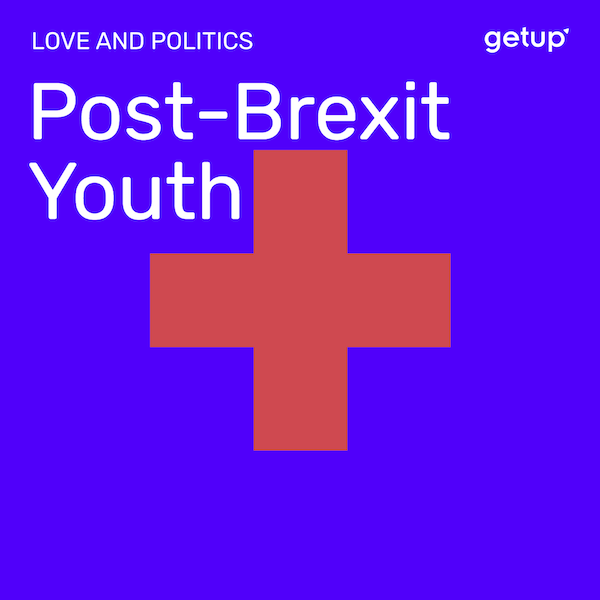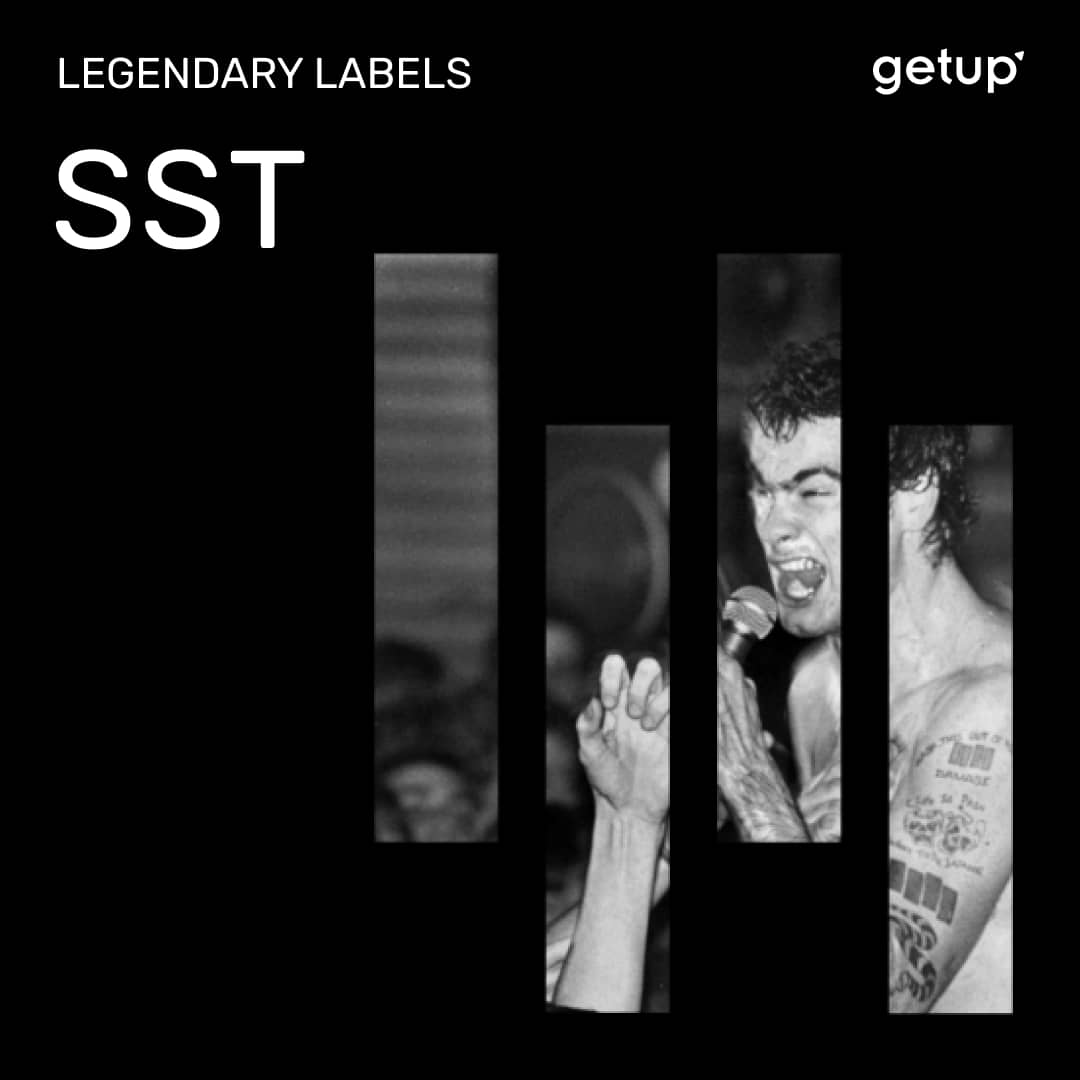Two years after punk had exploded on to the tabloid front pages, more for its shock factor than its music, the landscape was changing. In Britain, Thatcher was forming her first government and ten weeks later Gangsters, the first 2-Tone single, hit the charts. Those two events are not entirely unconnected.
Musically, most of the original punk and new wave acts were beginning to explore different directions, none more so than John Lydon. Although Magazine, Wire or Talking Heads may argue, Public Image Ltd (PiL) can lay good claim to be the first ‘post-punk’ band. Metal Box was a seriously boundary-pushing album; intense, sparse and dubby. It is light years apart from the tosh being put out by Malcolm McLaren under the name of the Sex Pistols on the Great Rock 'n' Roll Swindle.
It was the year when the kids who had been influenced by the punk explosion and formed bands of their own began to emerge. Only a few called it ‘post-punk’ back then, but with the emergence of acts as diverse as Joy Division, The Fall, Talking Heads, XTC, The Slits, Tubeway Army, The Cure, The Specials, OMD, Human League and Echo & the Bunnymen it was obvious that creative minds were pulling punk in many different directions.
You’ll notice that none of my choices were hits, all either very minor singles or album tracks. My guess is you’ll already know Are Friends Electric, Gangsters, Heart of Glass, Eton Rifles, London Calling, Teenage Kicks or Hit Me with your Rhythm Stick, as great as they all are. I thought I would show the depth of material that most bands were offering their fans.
Thirty-two-year-old David Bowie wasn’t post-punk, you say? Well, I say without David you would never have heard of 90% of these acts. In 1979 Lodger completed his ‘Berlin’ trio of albums, records that exerted power at the time and still influence the songwriters of today. Repetition clearly belongs on this list.
As far as the charts are concerned disco ruled the waves and Blondie went into the stratosphere with "Heart of Glass" by blending disco with new wave. However, their follow-up album Eat to the Beat was a disappointment, apart from "Atomic", which would be released as a single in 1980. The Jam broke through as a Top 5 singles band and #1 hits would follow for them next year. Ian Dury and the Boomtown Rats both had #1s. Dury’s "Hit me with your Rhythm Stick" still sounds fresh and magnificent 40 years on, whilst "I Don’t Like Mondays" just sounds like Springsteen with a Dublin accent.
Back then, The Police were a hot new wave band and were just scoring their first mainstream successes. By the year’s end, they’d had two #1 singles and were on their way to becoming one of the biggest bands on the planet. Fast forward 40 years and no-one has a good word to say about them or their singer. “Message in a Bottle”, however, remains a pretty good single.
As the new decade took shape the post-punk pond would flourish with dozens of various sub-sectors and their labels; Goth, Indie, Trash, Industrial, Synthpop, New Romantic, avant-punk, punk-funk, shoegaze, Postcard, Fast, Mute, 4AD, Factory, Rough Trade, to disparate extent. It would be near-impossible to be a fan of all these elements, that is unless your name happens to be John Peel.
Post-Punk 1979
1979 marks the beginning of what one will call ‘post-punk’. Don’t expect to hear hits in this playlist as great as they all are, but very minor singles or album tracks.
Share




.jpg)
